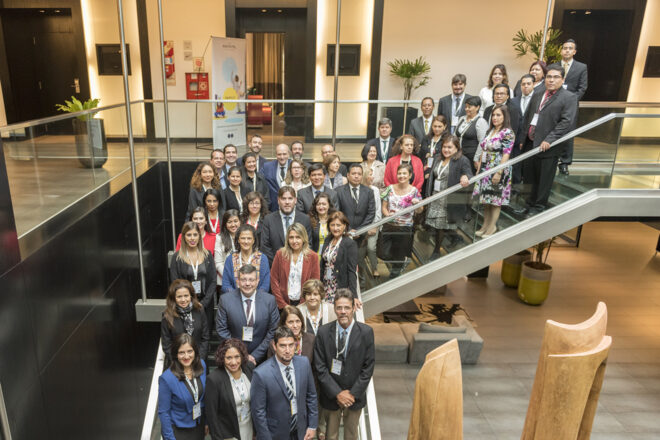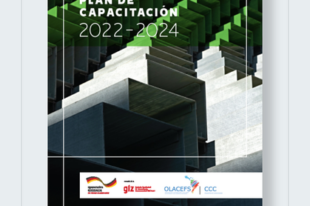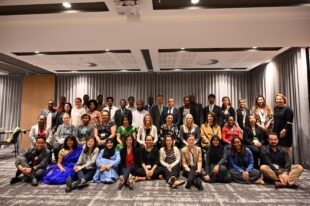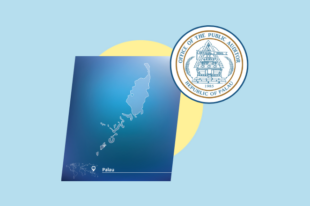OLACEFS, IDI Host Coordinated Audit Conference on SDG5

The Organization of Latin American and Caribbean Supreme Audit Institutions (OLACEFS), with support from the International Organization of Supreme Audit Institutions (INTOSAI) Development Initiative (IDI), hosted a conference for the Coordinated Audit on SDG 5: Gender Equality.
Participants in the April 2018 event in Buenos Aires, Argentina, included delegates from the Supreme Audit Institutions (SAIs) of Argentina, Bolivia, Brazil, Chile, Colombia, Costa Rica, Cuba, Ecuador, Guatemala, Honduras, Mexico, Nicaragua, Paraguay, Peru, Uruguay and Venezuela, all of whom satisfactorily completed an e-Learning course on “Performance Audit in Preparation for the Implementation of the Sustainable Development Goals” prior to the event.
Representatives from the United Nations Department of Economic and Social Affairs (UNDESA) and audit entities of Bogotá and Spain also attended.
The meeting’s goal was to support SAIs from the region in carrying out an International Standards of Supreme Audit Institutions-based coordinated performance audit on SDG 5 implementation in national contexts. This audit represents a first response from SAIs in contributing to SDG implementation, follow-up and assessment. By providing independent oversight of government efforts in the early implementation of the goals, the audit also ensures SAIs have a voice and are not left behind.
Issues relating to the 2030 Agenda (SDG 5 in particular) were discussed throughout the conference, and planning matrices were developed to guide audit work. A mentorship session was an event highlight where several senior auditors and UNDESA representatives provided feedback to teams on the implementation of their work. The forum additionally provided a chance to carry out peer reviews that encouraged a rich exchange of experiences.
This initiative, like others carried out by OLACEFS, seeks to significantly contribute to the 2030 Agenda Sustainable Development Goals implementation in our region and strengthen national systems dealing with these issues.





